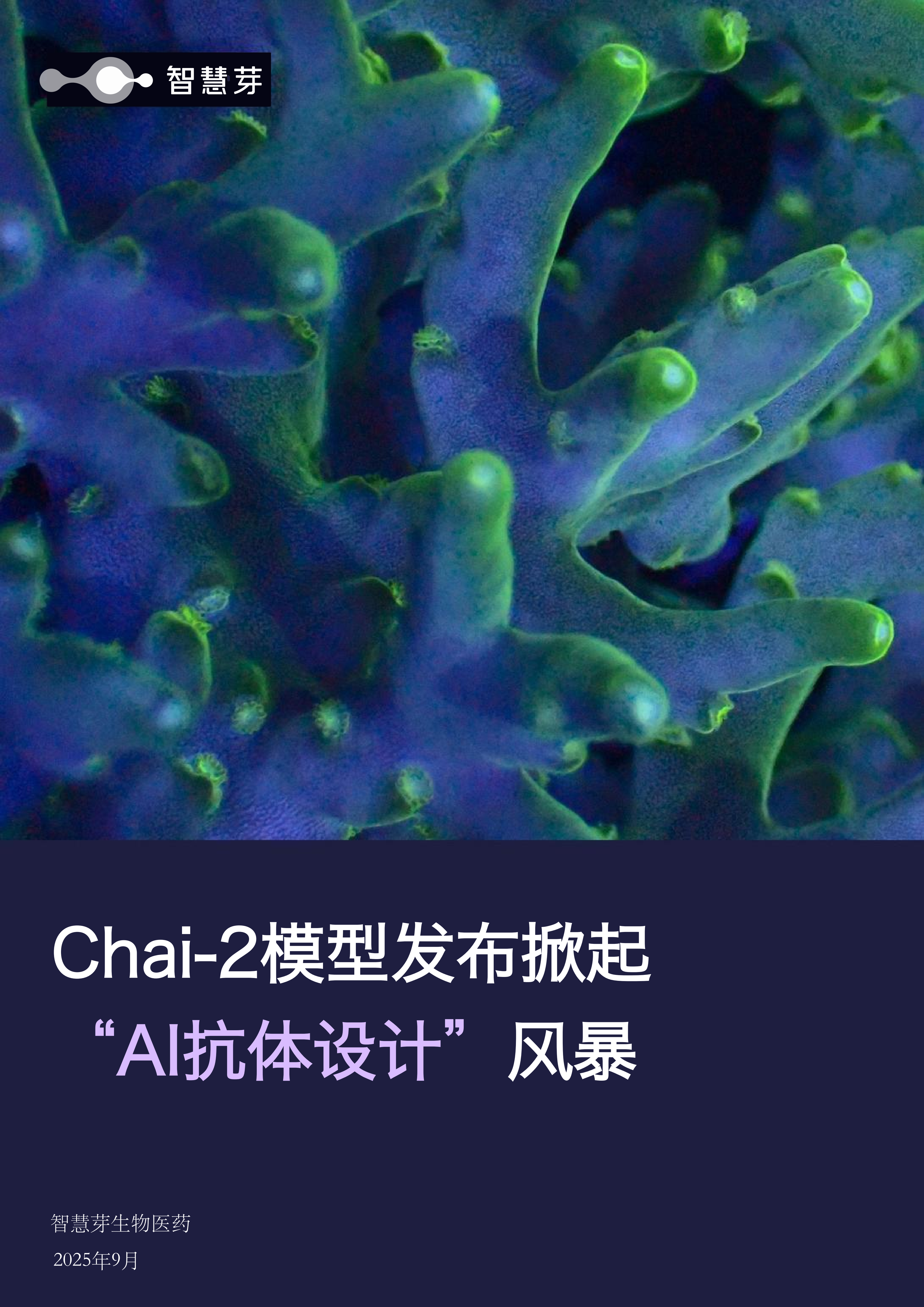预约演示
Researchers find that accelerated aging biology in the placenta contributes to a rare form of pregnancy-related heart failure
2024-04-17
In a new study, researchers show that elevated levels of proteins related to cellular senescence, or aging, in the blood and the placenta are linked to this form of heart failure.
A form of heart failure that occurs during late pregnancy or early postpartum, peripartum cardiomyopathy (PPCM) is a major cause of maternal death.
New research led by investigators from Massachusetts General Hospital, a founding member of the Mass General Brigham healthcare system, reveals new insights into the mechanisms behind PPCM's development and points to potential new strategies for therapeutic development. The results are published in Science Translational Medicine.
"Even though heart disease now represents the leading cause of maternal death in the US, our understanding of the biology driving many of these diseases is still very limited," said co-lead author Jason Roh, MD, MHS, a cardiologist who runs a cardiovascular aging laboratory in the Massachusetts General Hospital Cardiovascular Research Center. "Our study identifies some underlying aging-related biology that contributes to the development of maternal heart failure in pregnancy and provides evidence from both patients and animal models."
Roh and his colleagues work began with an unexpected finding. While studying the role of senescent (or aged) cells in older adults with heart failure, they were surprised to find that proteins secreted by these aged cells were being detected at even higher levels in the blood of young pregnant women with heart failure.
Based on these initial findings, the researchers conducted experiments to see whether these senescence proteins might be contributing to the development of PPCM as well as preeclampsia, a hypertensive disorder of pregnancy that is a leading risk factor for PPCM and postpartum heart failure.
Their reasoning was based on prior work showing that the placenta, a hybrid maternal-fetal organ unique to pregnancy, manifests markers of increased senescence towards the end of pregnancy.
When the team assessed placentas from women with preeclampsia, they found that they displayed multiple markers of amplified senescence and tissue aging, as well as increased expression of many of the senescence proteins that were detected in the blood of women with preeclampsia or PPCM.
The most highly expressed cellular senescence protein in these placentas was activin A, and higher levels of this protein were linked to either more severe heart dysfunction or heart failure in women with preeclampsia or PPCM.
"While the placenta undergoes a normal physiological process of aging (or senescence) throughout pregnancy, this seems to be further amplified in those who develop heart failure during pregnancy," said Roh. "We believe this causes it to secrete various factors into the mom's blood that can negatively impact the function of the heart."
In experiments conducted in mice, the placentas of mice with PPCM showed similarly increased expression of cellular senescence-associated proteins. Treating these mice with fisetin, a drug that can selectively clear highly senescent cells, during mid to late pregnancy partially reduced placental senescence and improved heart function. Treatment with an antibody directed against the receptor for activin A, after pregnancy, had similar effects in these animals.
"Although we are still in the very early stages of understanding how amplified placental senescence can affect the function of the mom's heart, we believe our findings answer some fundamental questions about the biology underlying heart failure in pregnancy," said Roh. "It is important to note that placental senescence is a normal part of pregnancy. Fully understanding why this process becomes perturbed in pregnancy-related heart disease and rigorously determining how to safely regulate it are critical next steps before translating these findings."
更多内容,请访问原始网站
文中所述内容并不反映新药情报库及其所属公司任何意见及观点,如有版权侵扰或错误之处,请及时联系我们,我们会在24小时内配合处理。
靶点
-药物
Eureka LS:
全新生物医药AI Agent 覆盖科研全链路,让突破性发现快人一步
立即开始免费试用!
智慧芽新药情报库是智慧芽专为生命科学人士构建的基于AI的创新药情报平台,助您全方位提升您的研发与决策效率。
立即开始数据试用!
智慧芽新药库数据也通过智慧芽数据服务平台,以API或者数据包形式对外开放,助您更加充分利用智慧芽新药情报信息。



